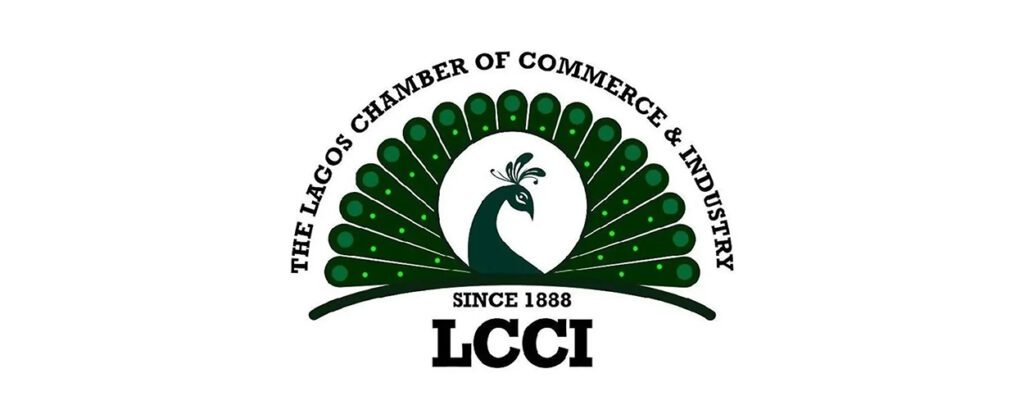The Lagos Chamber of Commerce and Industry (LCCI), on behalf of the Organised Private Sector, has congratulated the President, Asiwaju Bola Tinubu on his inauguration. The LCCI hopes the new administration would focus on issues of immediate and critical importance to the business environment and the overall economy while reviewing the benchmark interest rate.
According to the Director-General of the chamber, Dr. Chinyere Almona, the present tenuous and fragile business environment had been a result of inappropriate and poorly-implemented policies and interventions, saying there are fiscal policy gaps, unsuitable monetary policies, and administrative inefficiencies that are inimical to the proper functioning of the economy, which should be reviewed and urgently reversed for immediate gains. The LCCI noted the areas of grave concern to include arbitrage-urging non-unified exchange rates, incidences of market shocks, massive infrastructural deficits, and unsustainable debt burden and that the recently-approved fiscal policy measures, are at variance with the pre-existing, but fully agreed-on Fiscal Policy Measures (FPM) Roadmap, 2022 – 2024.
It argued that recent measures run parallel to real sector growth and should be suspended forthwith with a view to being reviewed after due consultations with stakeholders. The body called on the government to sustain interventions in select sectors like agriculture, manufacturing, and export to boost the nation’s foreign exchange earnings capacity. “We urge the government to keep track of plans to tackle the menace of oil theft and to boost oil exports. The LCCI encourages the new government to tackle the issue of subsidy removal with alacrity and with its economic consciousness. The decision, however, must be combined with humaneness for the sake of the most vulnerable. Security is an issue that must also be dealt with in order to ensure a conducive investment climate.
“Generally, the government should support sectors with diminishing contributions to the Gross Domestic Product (GDP), as well as those whose value chains are domesticated. Some of the policies implemented by the outgoing regime might have been well-intentioned, however, implementation was a challenge”, Dr. Almona added. Meanwhile, the chamber has drawn attention to the action of the Monetary Policy Committee (MPC) of the Central Bank of Nigeria (CBN), in its May 2023 Meeting, again, where it hiked the benchmark interest rate by 50 basis points to 18.5% from 18.0%. It, however, retained the asymmetric corridor at +100 and -700 basis points around the policy rate while Cash Reserve Ratio (CRR) and Liquidity Ratio (LR) remain at 32.5% and 30%, accordingly, saying this increase is the seventh consecutive rate hike since April 2022 and the highest level since November 2002.
The group believes that the “consistent hawkish stance by the monetary authority shows that in the last 12 months, the benchmark rate has increased from 11.5% to 18.5%. Yet, the latest figure of 22.22% showed that inflation has remained highly resistant. Inflation has grown from 16.82% in April 2022, up by 5.4 percentage points despite a 7.0 percentage point increase in the monetary policy rate, underscoring the widely-acclaimed futility of rate hikes in curbing cost-pushed inflation. We anticipate that borrowing costs will continue to rise. Additionally, given the drop in the first quarter GDP, high-interest rates may increase the risk to the growth of the economy. We specifically voiced our worries about how manufacturers and other businesses will endure the recently-approved additional and increased excise taxes on a variety of commodities as well as the high borrowing rates.
“While the CBN has the overarching mandate of ensuring price stability, we suggest it should do this in a manner that supports growth, especially in the face of high unemployment and rising incidence of poverty. Furthermore, monetary policy instruments alone appear quite insufficient to guarantee the desired results of low, stable, and predictable prices in the face of shocks to food and energy prices on the global scene and pass-through from exchange rate devaluation to domestic prices. Inflation diminishes purchasing power leading to inventory stockpiles, undermines growth, and creates economic uncertainties. Taming it, however, should not be at the expense of the growth and survival of the most vulnerable sectors”, LCCI stated further.



